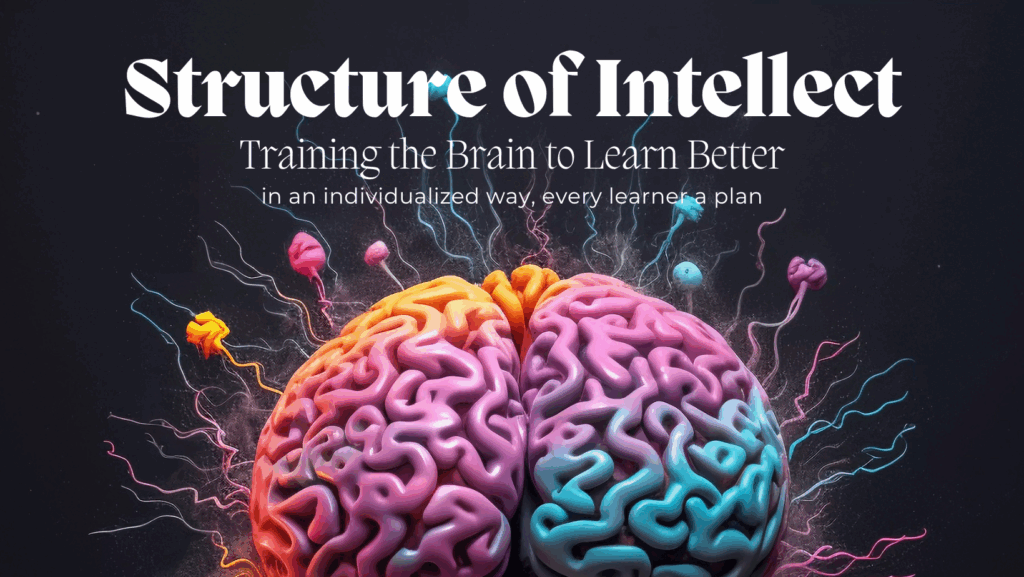How Poor Memory Affects Students’ Learning Ability — And What We Can Do About It
Have you ever wondered why your learners struggle to keep up in class, even when they try their best? They’ve been attentive, they’ve done the homework, yet they still struggle to get those scores. Often, the answer lies not in a lack of effort or intelligence — but in the hidden barrier of poor memory skills.
Let’s talk about “Memory and Learning”
Memory is the brain’s filing system. It helps us store, organize, and retrieve information when we need it. In school, students rely on different types of memory every day:
- Short-term memory: It allows the student to hold information briefly — like remembering instructions the teacher just gave.
- Working memory: It helps to manipulate and use that information — such as solving a math problem step by step.
- Long-term memory: This is important to store knowledge and skills for the future — like remembering vocabulary words, times tables, or historical facts, and the Math problem we learned how to solve.
When any part of this system is weak, learning becomes much harder than it needs to be.
Let’s talk about the “Impact of Poor Memory on Students”
We think that memory is just about remembering numbers, where we put out things, where the house is. It is more complex than that and so are the repercussions of poor memory:
🔹 Difficulty Following Instructions: Students with weak working memory may forget what they were told to do halfway through a task. These are the type of students we label as easily distracted while the problem is not in getting distracted but in not being able to remember what the instructions were.
🔹 Slow Learning Progress: They may need to relearn the same information many times because it doesn’t ‘stick’. We think they were not focused enough or didn’t pay attention to what they were reading/learning/memorizing. While this is actually the reason in some cases, in others it’s just an issue with the ability to learn.
🔹 Problems with Reading and Writing: Poor memory can make it hard to recall letter sounds, sight words, or grammar rules. Educators and parents get frustrated when they see their learner skipping letters, repeating the same pronunciation mistake, or just loosing confidence in properly reading a whole sentence without any mistake. Most of the time, that’s down to memory issues rather than inability.
🔹 Low Confidence: Constantly forgetting things can be frustrating and embarrassing, leading to a drop in motivation and self-esteem. The learner feels they are just not capable or not “smart enough” or even worse “unteachable”. This is wrecking to the learners’ self-image and self-esteem.
🔹 Gaps in Knowledge: Over time, these small struggles add up, creating bigger gaps that make new learning even more difficult. IF not addressed early enough, the learning experience will only become harder and the challenge will only become bigger.
The Good News: Memory Can Be Trained
The best part? Memory is not fixed. Like a muscle, it can be strengthened with practice and the right strategies. Here are a few ways to help students improve their memory skills:
✅ Use Visuals and Mnemonics: Pictures, mind maps, and memory tricks help students make stronger connections.
✅ Repeat and Review: Frequent, spaced repetition helps transfer information to long-term memory.
✅ Break Tasks Into Steps: This lightens the load on working memory.
✅ Play Brain-Boosting Games: Memory exercises and cognitive skills training can make a big difference.
✅ Encourage Good Habits: Sleep, nutrition, and stress management all support healthy brain function.
Final Thoughts
A student with poor memory is not a ‘bad learner’ — they simply need the right support. By understanding how memory affects learning, parents and teachers can help students unlock their true potential and enjoy school with more confidence and less struggle.
We might feel ourselves not well equipped to support our learners with memory training, we might not have the time, or even the right tools. Luckily, there is now a specific training for these kind of challenges.
Want to learn more about helping your child strengthen their memory and learning skills? Let’s talk!
Do you want to boost your learners’ academic experience with a greater learning ability and increased confidence? I can help them with the research-based, data-driven Structure of Intellect program I am certified to deliver. Get in touch today, and let’s have a discovery session to explore the potential.
Memory - the hidden culprity of many learning challenges


